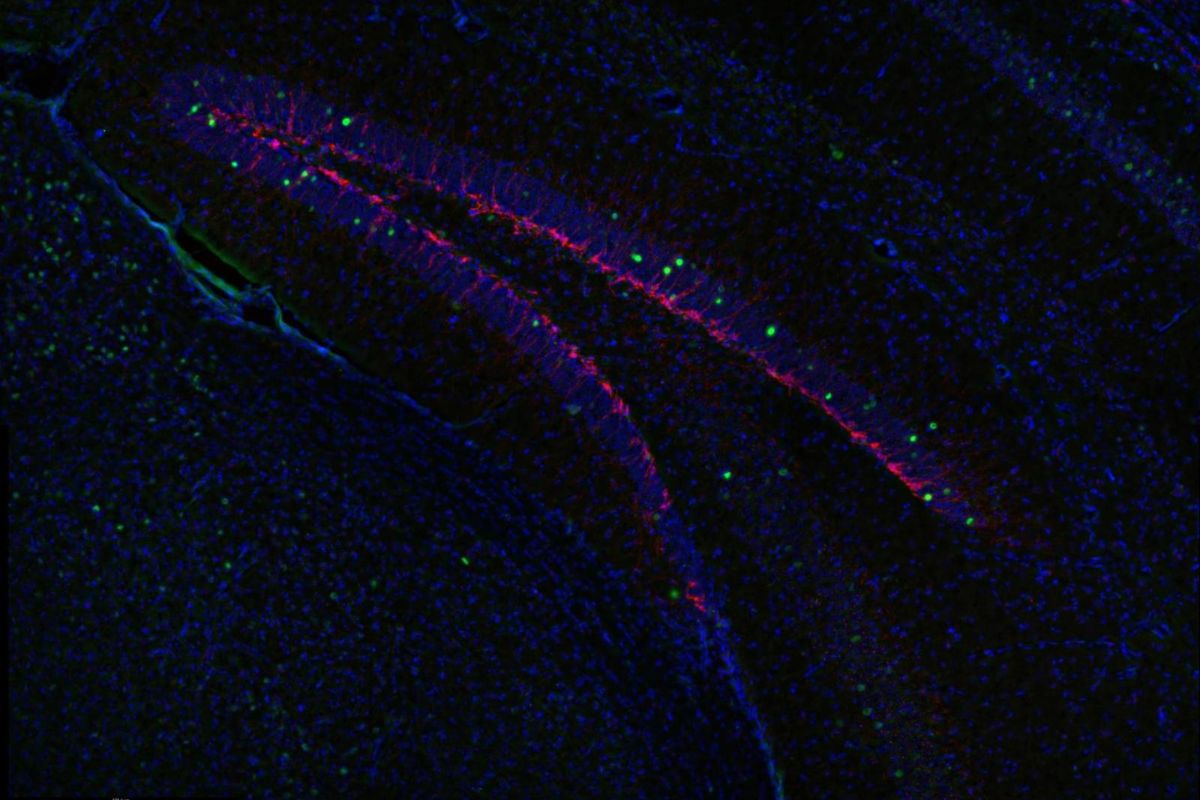This week, we expose racial differences in postpartum mood disorders, explore cannabis use and birth defects, and tardive dyskinesia.
Postpartum Mood Disorders Show Racial Disparities
A new study appearing in The Journal of Clinical Psychiatry this week uncovers notable racial disparities in postpartum mood disorders, affecting maternal and child health.
Researchers analyzed incidence rates of major depressive disorder (MDD) and bipolar disorder (BD) among Black and White postpartum women who screened positive for depression at a Pittsburgh hospital. Their results reveal that Black women were nearly twice as likely to screen positive for MDD compared to White women.
The prevalence of MDD was similar between Black and White participants, but, Black women struggled more with BD than their White counterparts. Black participants also:
- Experienced more severe depressive symptoms.
- Higher trauma rates.
- Greater comorbidity with post-traumatic stress disorder (PTSD).
White women, on the other hand, appeared to be more likely to report generalized anxiety disorder and eating disorders.
Researchers noted socioeconomic disparities among the participants, with White women more likely to be married, privately insured, and highly educated.
Researchers stressed the need for trauma-informed care and culturally tailored interventions, since childhood trauma strongly correlated with mood disorder severity regardless of the racial group.
The study also highlights the importance of structured diagnostic interviews to cut back racial biases in diagnosing postpartum mood disorders. Caregivers typically under-diagnose Black women for MDD and confuse schizophrenia with BD, which leads to treatment gaps.
The researchers concluded by calling for lower depression screening cutoffs for Black women and greater awareness of postpartum BD in racial minorities. They also pushed for better resource allocation to address these disparities, emphasizing that early intervention could mitigate maternal morbidity and mortality.
IN OTHER PSYCHIATRY AND NEUROLOGY NEWS
- Another JCP report shows that growing cannabis use during pregnancy slightly – but significantly – raises the risk of birth defects.
- In The Primary Care Companion for CNS Disorders, a report details how early detection and treatment with VMAT-2 inhibitors – and some alternative interventions – can improve the quality of life of tardive dyskinesia patients.
- In a letter to the editor, a group of readers argue that ongoing support from perinatal social workers is more effective than a one-time psychiatric assessment for maternal-fetal surgery patients.
- Check out our editorial focus on Emerging Approaches in Schizophrenia.
- And, finally, read up on the latest PTSD research.



